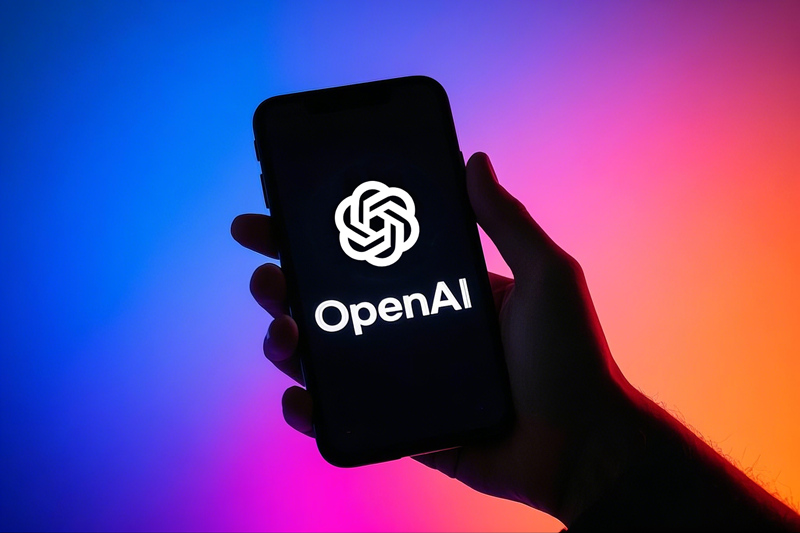Encode filed a lawsuit in court against OpenAI's plan to transform it into a for-profit company. Encode believes that this move will undermine OpenAI’s original artificial intelligence research and development goals of safety and public interest. The organization’s lawsuit is supported by well-known experts in the field of artificial intelligence, Geoffrey Hinton and Stuart Russell, who believe that OpenAI’s commercial transformation may lead to the misuse of artificial intelligence technology and endanger public safety and welfare. They worry that OpenAI will ignore its social responsibilities in the process of pursuing profit maximization.
The Encode group recently asked the court to support its opposition to OpenAI's plan to transform it into a for-profit company. Encode is a nonprofit organization and co-sponsor of California’s Artificial Intelligence Safety Act. The group's lawyers said in a brief that OpenAI's transformation would "undermine" its original mission to develop and deploy artificial intelligence technology in a way that is safe and beneficial to the public.
Sneha Revanur, founder and president of Encode, accused OpenAI of "internalizing the profits of artificial intelligence but externalizing the consequences to all mankind" and said that "the court must intervene to ensure that the development of artificial intelligence is in the public interest." The group's brief received support from Geoffrey Hinton, a pioneer in the field of artificial intelligence, and Stuart Russell, a professor of computer science at the University of California, Berkeley.

OpenAI plans to transform its for-profit portion into a Delaware public benefit corporation (PBC), with common stock and OpenAI's mission as its public benefit. However, Encode's lawyers said this would cause OpenAI to lose its original mission and transfer control of it to PBC, which would "transform an organization legally bound to secure advanced artificial intelligence into one legally bound to ' An organization that balances 'its considerations of the public interest with 'the economic interests of its shareholders'".
Encode's brief also notes that once the company's reorganization is complete, nonprofit OpenAI's board of directors will no longer be able to cancel investors' stakes for security reasons. OpenAI's nonprofit has pledged to stop competing with any "value-aligned, security-conscious projects" that come close to building AGI before it, but OpenAI, as a for-profit organization, has less, if any, incentive to do so.
Lawyers for Encode said OpenAI's purported fiduciary duty to humans would cease to exist because Delaware law clearly states that PBC's directors have no responsibility to the public. The Encode organization calls on the court to support its efforts to prevent OpenAI from transforming into a for-profit company and protect artificial intelligence safety and public interests.
The core of this lawsuit lies in the ethical and safety issues of the development of artificial intelligence, and how to balance commercial interests and public interests. The final court ruling will have a profound impact on the development of the artificial intelligence industry and provide an important reference for future artificial intelligence governance.